-
Postmodernism In Literature
Before taking a look at postmodern picture books, let’s take a look at how the postmodern short story has been described. THE POSTMODERN SHORT STORY The postmodern short story came in the middle of the 20th century. Stories became ‘anti-stories’. Postmodernism is “art’s way of replenishing itself by way of returning to the past in general, […]
-
Storytelling And Subversion: How is it done?
Subversion of reader expectation to challenge long-held beliefs is one of the most difficult — and the most important — things storytellers can do.
-
Stories To Complement The Artifacts
The Artifacts is a story about: the power of imagination the value of memory over material objects loss disappointment betrayal Here are some stories you might like to read/study if you are interested in themes touched upon in The Artifacts. Picturebooks These next three books are similar to The Artifacts in that they share a […]
-
A Brief History Of The Adventure Story In English
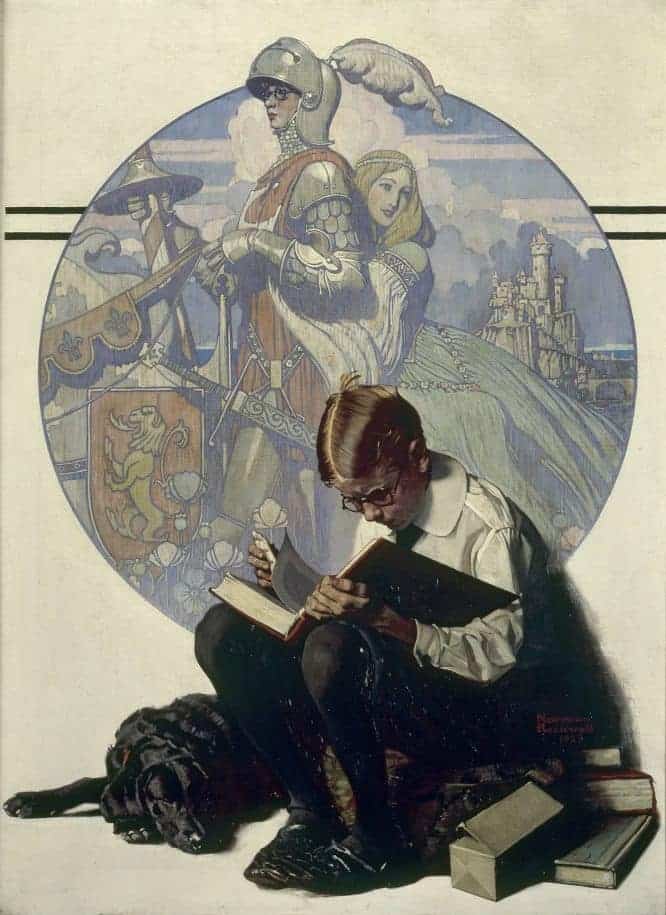
I’m going on an adventure And who knows, what will be Or, what will become of me But one thing is for sureAn adventure it shall be Athey Thompson Edgar Rice Burroughs is probably the most influential writer in the entire history of the world. By giving romance and adventure to a whole generation of boys, Burroughs […]
-
Representation and Inclusion Vs Diversity
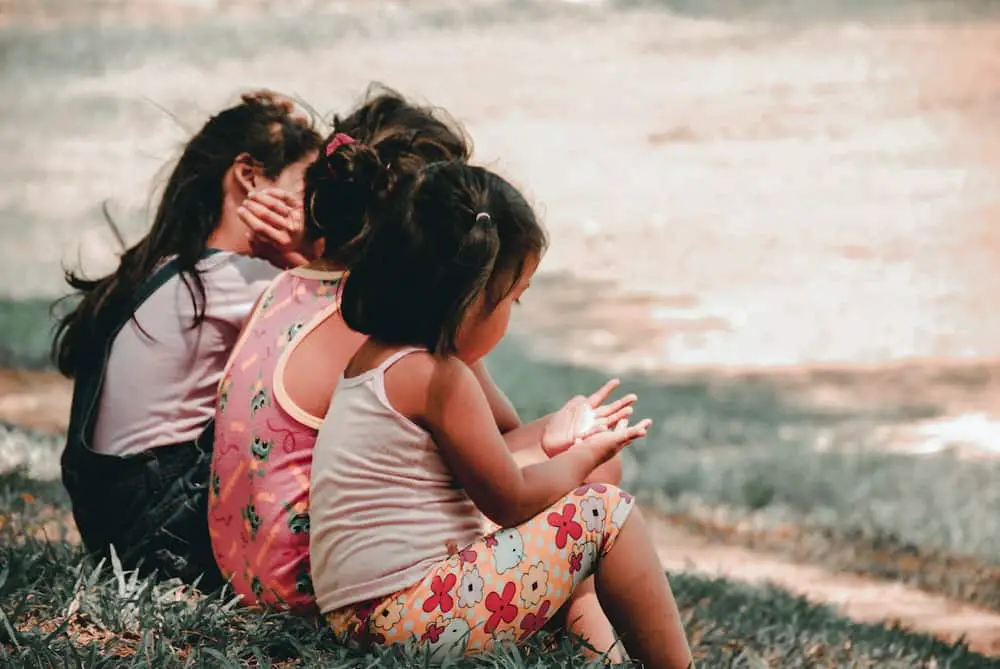
When talk of diversity expands beyond race it still ends up looking very much like a checklist of compartmentalized identities. Can we get a child in a wheelchair? Check. Can the doctor be African American, and a woman? Check and check. … For adults I often describe the difference between diversity and inclusion as the difference […]
-
Stories About Female Friendships
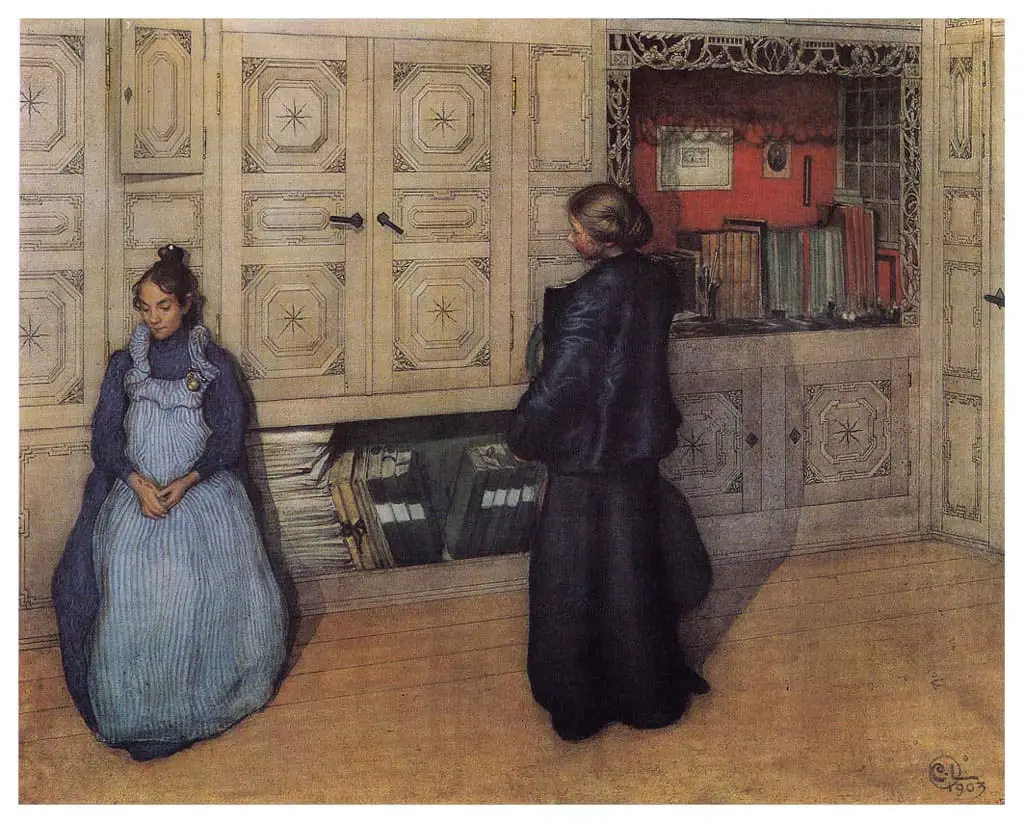
I should like to have friends, I confess. I do not suppose I ever shall. But there have been moments when I have realized what friendship might be. Rare moments – but never forgotten. Friendship is a binding, as solemn as marriage. We take each other for life, through everything – forever. But it’s not […]
-
On Exposition
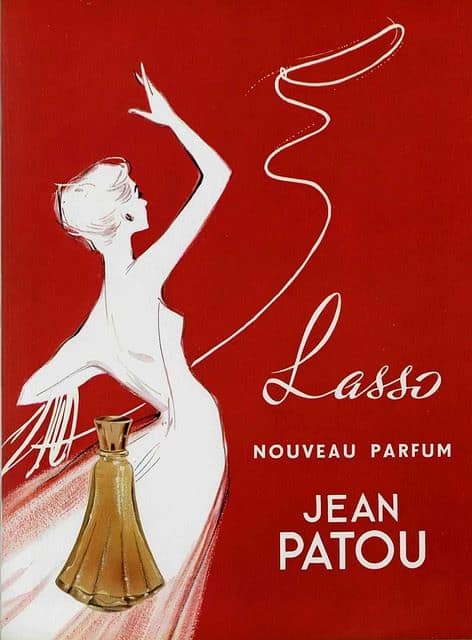
This is from a book on screenwriting by Robert McKee, but applies also to picturebooks. I’m surprised at how much it sounds like that terrible dating book written for women The Rules. (I saw the authors on Oprah years ago.) Parse out exposition bit by bit though the entire story. You can reveal exposition well into […]
-
Letters And Diaries In Fiction
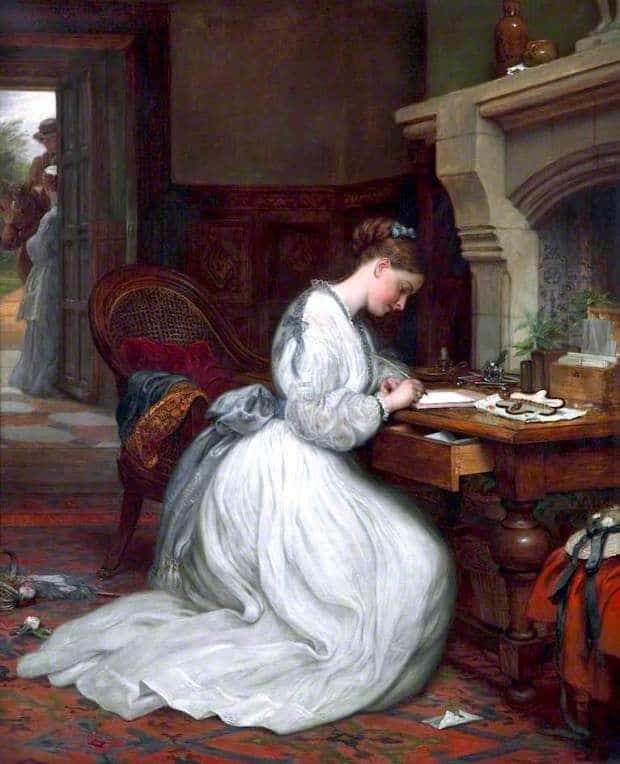
JOURNALING AND DIARIES AS PUSHBACK AGAINST SELF ABANDONMENT When we can be a witness to our own experience (by writing our experiences down) we can be our own compassionate friend. This is when we can have that connection with ourselves. What happens for many of us is we go through something called ‘Self Abandonment’. We […]
-
Food And Sex In Children’s Literature
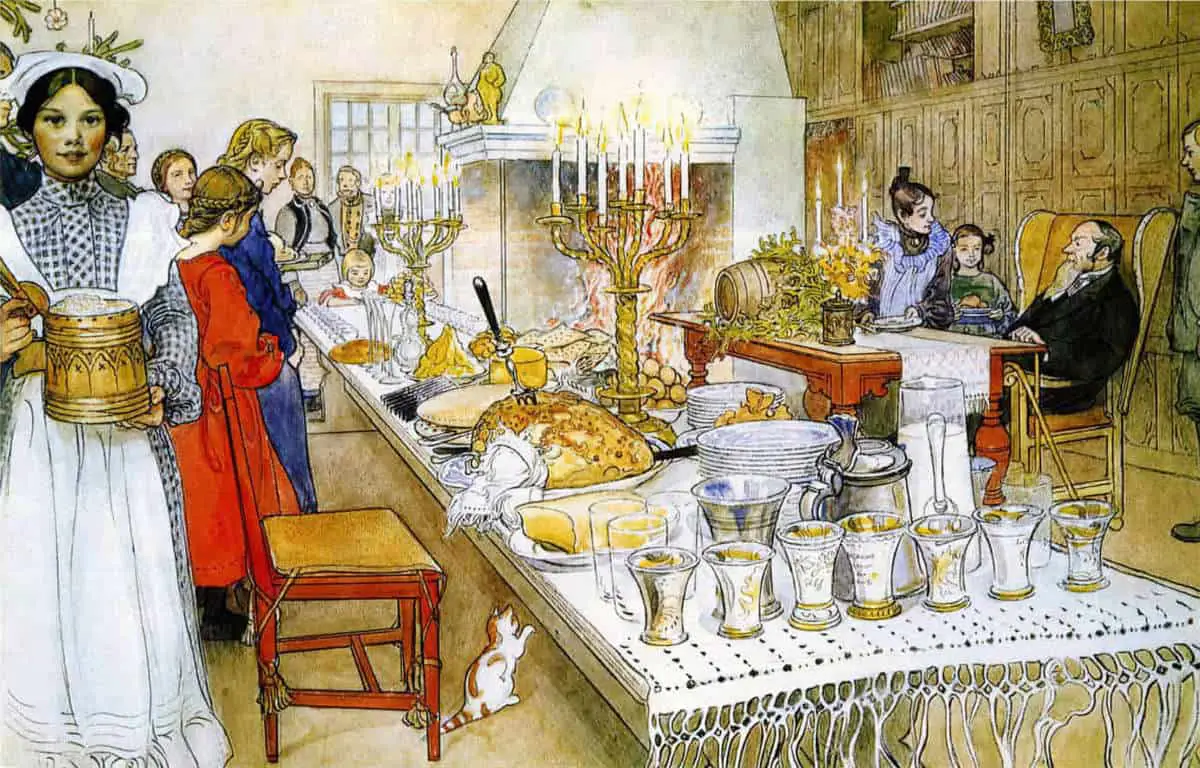
Food plays an important role in children’s literature, and is one difference between mainstream literature and literature for children. Food means all sorts of things throughout literature — sometimes it symbolizes good, other times evil. Writers don’t care what they eat. They just care what you think of them. Sport, Harriet the Spy Why All […]
-
Work and Manual Labour In Children’s Literature and Art
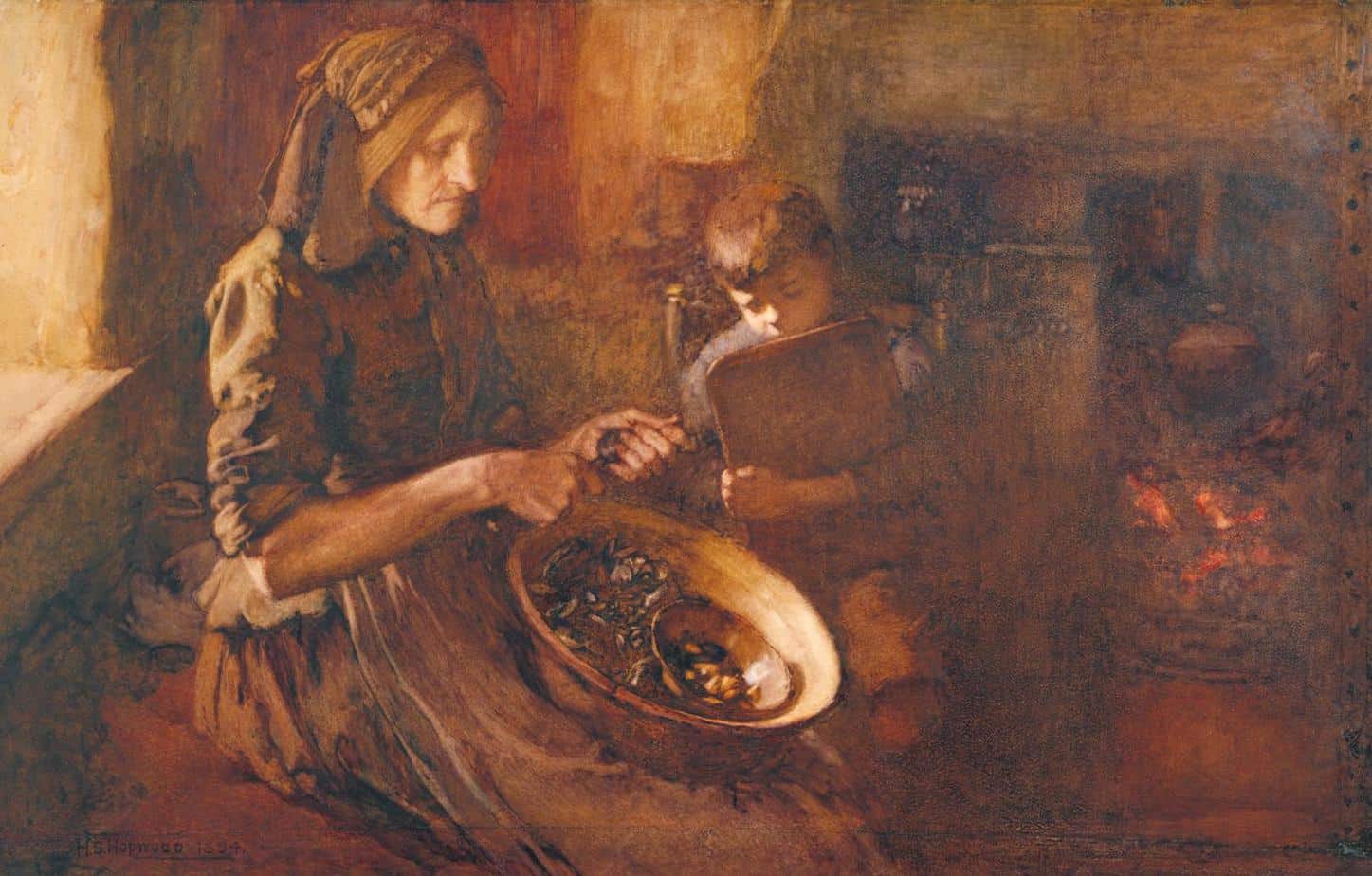
Labor is used symbolically, as a temporary trial through which the young protagonists have to go before they can find their true place in society. The depiction of labor is highly ambiguous: it is a punishment, and even when chosen voluntarily… it is a burden that brings neither joy nor satisfaction. The message young readers […]
-
Who does the nurturing work in children’s books?
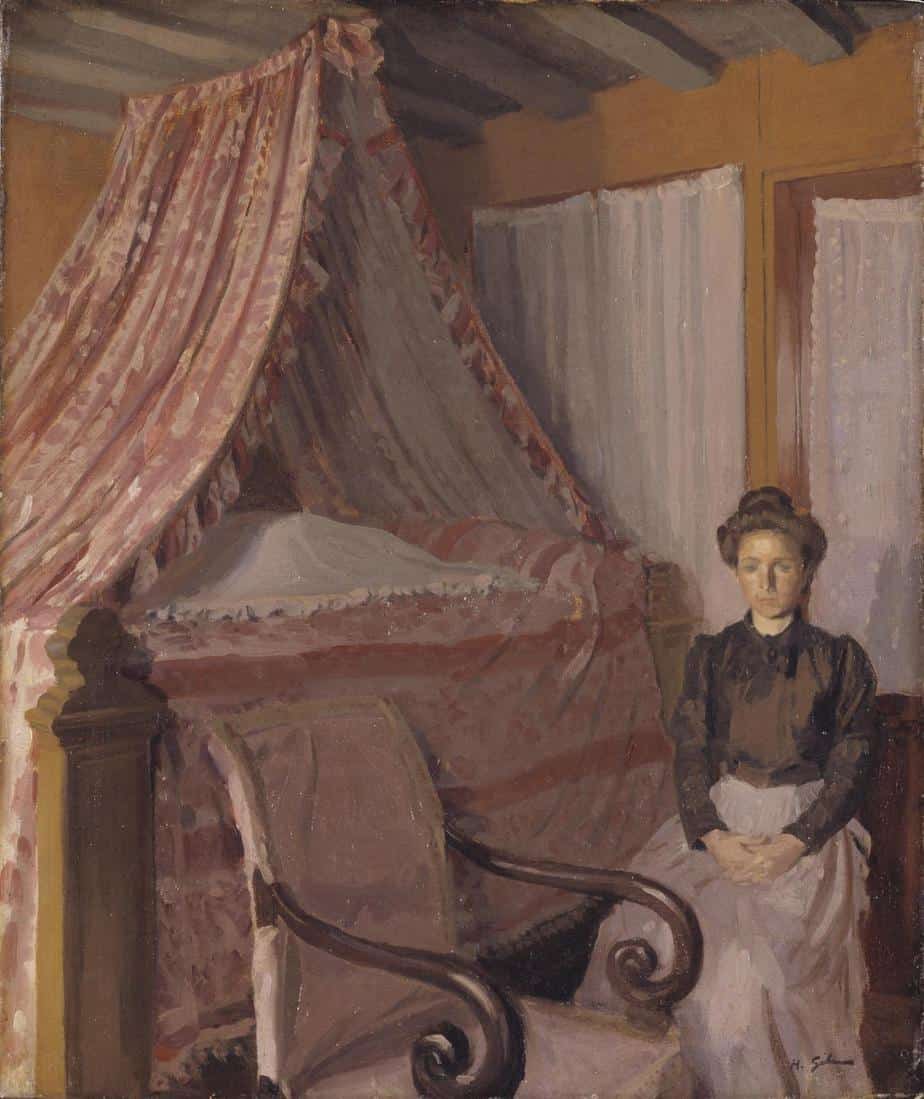
“Mothers in the books were more likely than fathers to perform almost every nurturing behaviour, including verbal and physical expressions of love, encouraging, praising and listening,” the researchers write. Similarly, mothers outperformed fathers on every care-giving behaviour. Gender stereotypes plague children’s picture books, from Salon Mothers often appear at the beginnings of hero tales. They […]
-
Use of long words: sesquipedalianism
Sesquipedalianism is a linguistic style that involves the use of long words. It might be characterised as polysyllabic holophrastic verbalism. Wikipedia Some well-known authors advise against making use of words which draw attention to themselves. Words in prose ought to express the intended meaning; if they attract attention to themselves, it is a fault; in the very best styles […]
-
Lookism and Physiognomy in Children’s Fiction
Physiognomy is the assessment of a person’s character or personality from his outer appearance, especially the face. Wikipedia There are plenty of books about this subject, which encourages readers to judge people based on how they look. (Here’s a list on Goodreads.) If you read classic children’s literature you’ll encounter descriptions of character which exist not only […]
-
The Features Of Chapter Books
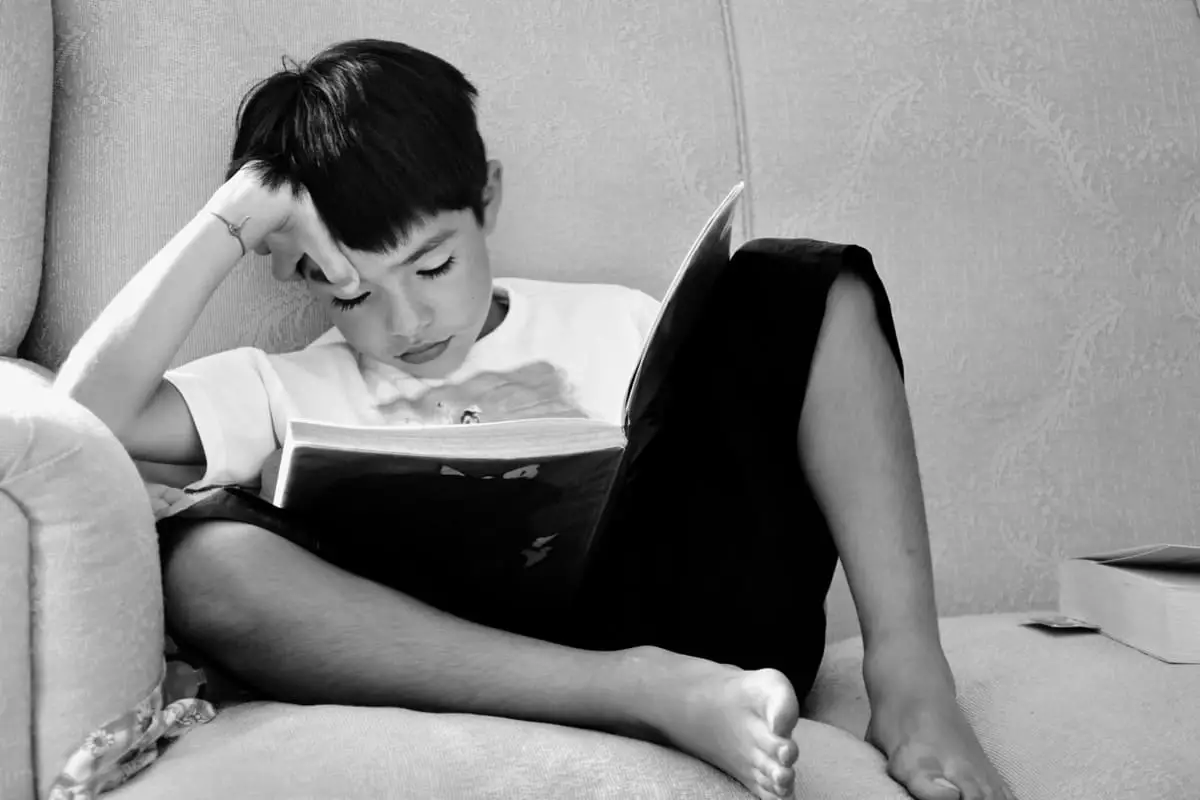
Chapter books are better able to be defined than other types of books because they are for quite a narrow developmental process.
-
Why Boys Don’t Read Books About Girls
Why don’t boys read books about girls? Well, first of all, many boys do read books about girls. As for the ones who won’t? They understand that gender is a hierarchy, and their position at the top is tenuous. Also, the adult book buyers in their lives probably aren’t buying them books starring girls, under […]